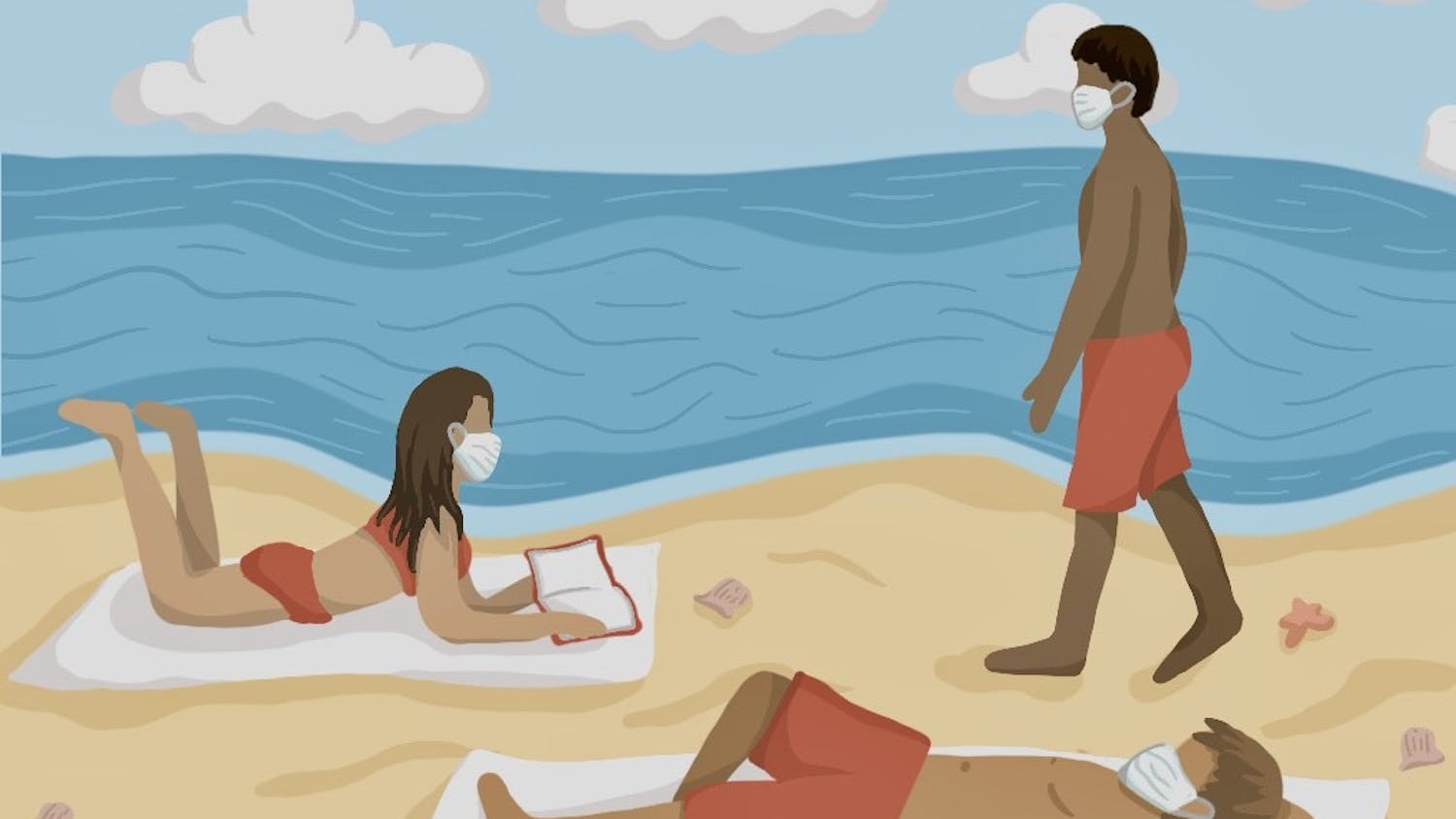I have heard every version of students wishing Spring Break hadn’t ended. From, “I’d love it if the semester ended already,” and “Why did it have to end early?” to even the dramatic “God, I’m dropping out. I swear.”
I can understand the desire to not feel stressed every moment of the day. But I wonder why people get so fixated on those small breaks — weekends, weeks or semesters off — when they know those are guaranteed. Procrastination leads to having everything pile up before the weekend, or even letting things pile up into the weekend. That buildup of work can create anxiety in any action you take that doesn’t immediately address it. Twitter doesn’t have a meme about young adults looking like they have an existential crisis at a party or students on their laptops at concerts for no reason.
Breaks are a moment to recharge and not have any immediate deadlines hanging over your head. Even the weekend can be a time for you to take part in your #selfcare routine, to clean up any mess in your home and to get reorganized. But we don’t seem to prepare ourselves for taking advantage of our destressing by loading up on more stress. Often I’ve told myself that my homework can wait for another hour. It piles up until the anxiety attack palpitates in my chest, and this happens way too often for good health. I know I can finish whatever assignment I get from my professors relatively easily, I just can’t find the motivation to tackle that work right away.
Tim Urban, a writer and renowned TED speaker, has a perfectly succinct TED talk titled, “Inside the mind of a master procrastinator.” In it, Urban tells the comedic tale of our thought processes being distracted by a monkey, always tempting us with immediate rewards rather than waiting for longer-term rewards. So the clubs in Midtown, the spontaneous road trip your friends have organized or even the guilty memory of you skipping out on the gym yesterday are all triggers that can pull you from chipping away at your mountains of work, obligations and duties.
Procrastination is something I am intimately aware of. My senior year of high school was a train wreck of consistently avoiding all work and minimizing any interaction with school and paperwork. “Senioritis” had settled in from the start. I found it incredibly humbling to come to UF and realize my habits had to change or else I would be in a world of missed opportunities. Even now on campus, I struggle to keep afloat with my classwork and seize the chances to work with incredible student organizations and programs. I can’t justify much external activity without it taking time and energy from my studies, and in a world where people are questioning the merits of a college education, I would still rather get my time in the classroom done before dedicating so much time to seeking work.
The dilemma of how we should spend our time will always bring about some amount of anxiety over whether we are accomplishing all we could with our time. The world values our productivity, but we can’t always judge ourselves when we take time to relax and unwind. “Hustling” and “grinding” are both great pastimes for those who love a challenge and wish to succeed, but they are not the definition of a successful person. The definitions that can stress us outside of our obligations are ours to conquer. You should probably stress about getting your homework turned in early, but don’t overstress yourself if you still haven’t achieved what might’ve taken masters years to practice.
Daniel Gamboa is a UF journalism sophomore. His column appears on Fridays.
Photo by Alex D'Alessio on Unsplash






